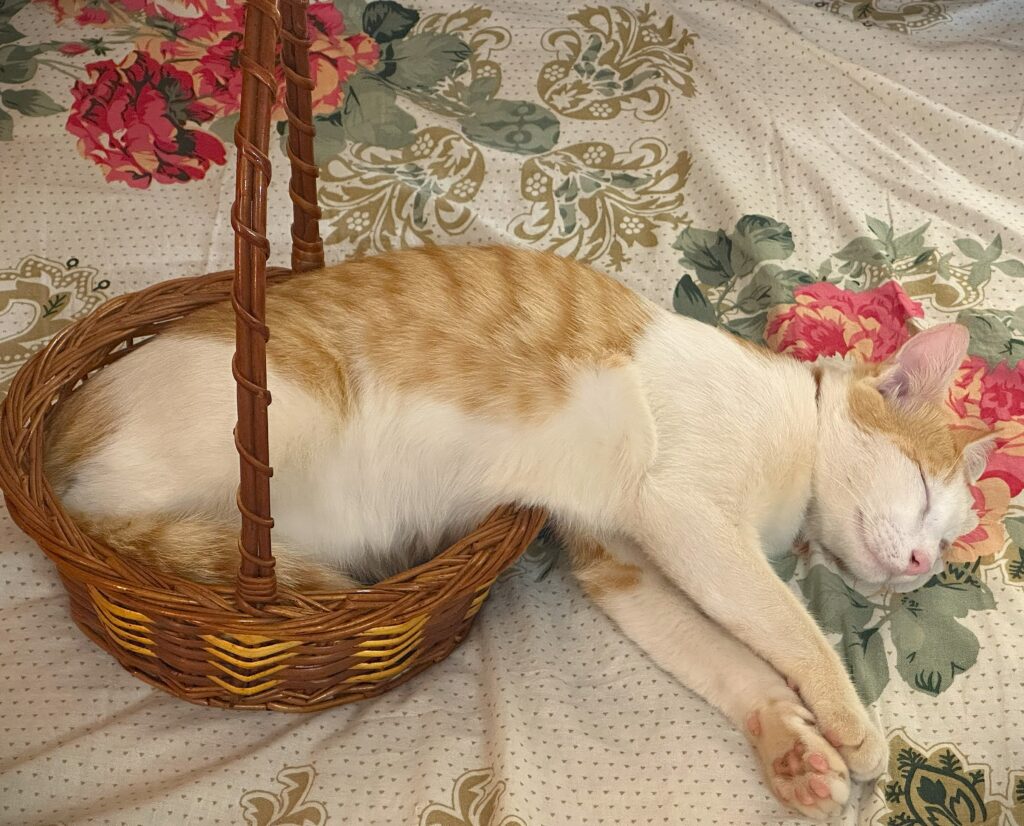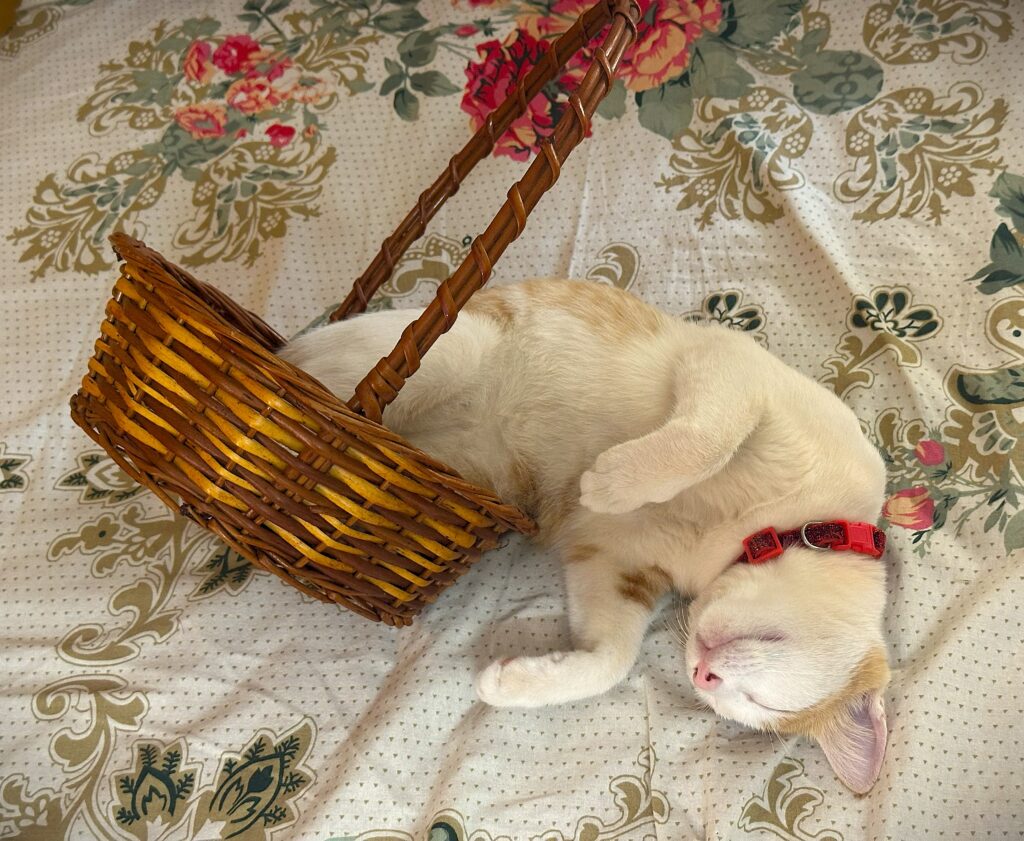Ever wondered why your cat seems to snooze all day? Discover the 8 fascinating reasons why cats sleep so much and what it means for their health and happiness.

If you’ve ever marveled at how much your cat sleeps, you’re not alone. On average, cats sleep between 12 to 16 hours a day, with some dozing off for up to 20 hours! But why do they spend so much time curled up in dreamland? Is it just laziness, or is there a deeper biological reason? Let’s uncover the fascinating science behind feline slumber.
1. They Are Natural Predators
In the wild, cats are apex predators, which means they need bursts of intense energy to stalk, chase, and catch their prey. Even though your domestic kitty no longer hunts for survival, their instincts remain intact. Sleeping helps them conserve energy for their next ‘hunt’—whether it’s a toy mouse or a rogue dust bunny.
2. Cats Are Crepuscular Creatures
Unlike humans, who are typically diurnal (awake during the day), cats are crepuscular, meaning they are most active during dawn and dusk. This sleep-wake cycle aligns with the natural hunting patterns of their wild ancestors. The long hours of sleep during the day allow them to be more alert when their instincts tell them it’s time to be active.
3. Sleep Helps With Growth and Development
Kittens and younger cats tend to sleep even more than adults because their bodies are growing rapidly. During sleep, growth hormones are released, aiding in muscle and bone development. This is why you often find kittens snoozing away after an energetic play session.
4. They Enter a Unique Sleep Cycle
Cats don’t sleep the way humans do. While we experience long, deep sleep cycles, cats have shorter sleep phases. About 75% of their sleep is light (also known as slow-wave sleep), allowing them to wake up quickly in response to potential threats. The other 25% is deep REM (Rapid Eye Movement) sleep, during which they dream just like humans.
5. Weather Affects Their Sleep Patterns
Ever noticed that your cat seems to sleep even more on a rainy or cold day? Just like humans who feel extra cozy under a blanket when it’s gloomy outside, cats instinctively sleep more when the weather is less than ideal. This behavior is a survival adaptation from their wild ancestors, who conserved energy during harsh weather conditions.
6. Their Metabolism Plays a Role
A cat’s body is designed to function with high bursts of energy, followed by long periods of rest. Unlike humans, who have a steady metabolism throughout the day, cats burn a lot of energy quickly when they are active. To compensate, they need longer sleep durations to recover and maintain their health.
7. Boredom Can Lead to More Sleep
If your cat spends too much time alone without stimulation, they may sleep out of sheer boredom. Cats need mental and physical engagement to stay active and happy. Interactive toys, puzzle feeders, and regular playtime can help reduce excessive sleeping due to lack of stimulation.
8. Health Issues May Be a Factor
While it’s normal for cats to sleep a lot, a sudden increase in sleep time could signal an underlying health problem. Conditions like obesity, diabetes, or even depression can cause excessive sleepiness. If your cat seems unusually lethargic, it’s best to consult your veterinarian.
Final Thoughts: Let Sleeping Cats Lie (But Keep an Eye on Them!)
Sleeping is a fundamental part of a cat’s life, driven by evolutionary, biological, and environmental factors. While it’s perfectly normal for your feline friend to spend most of their day napping, it’s important to ensure they also get enough exercise and mental stimulation.
So, the next time your cat is curled up in a sunbeam, you’ll know that they’re not just being lazy—they’re simply following their natural instincts. Does your cat have a funny or unique sleeping habit? Share your experiences in the comments below!

